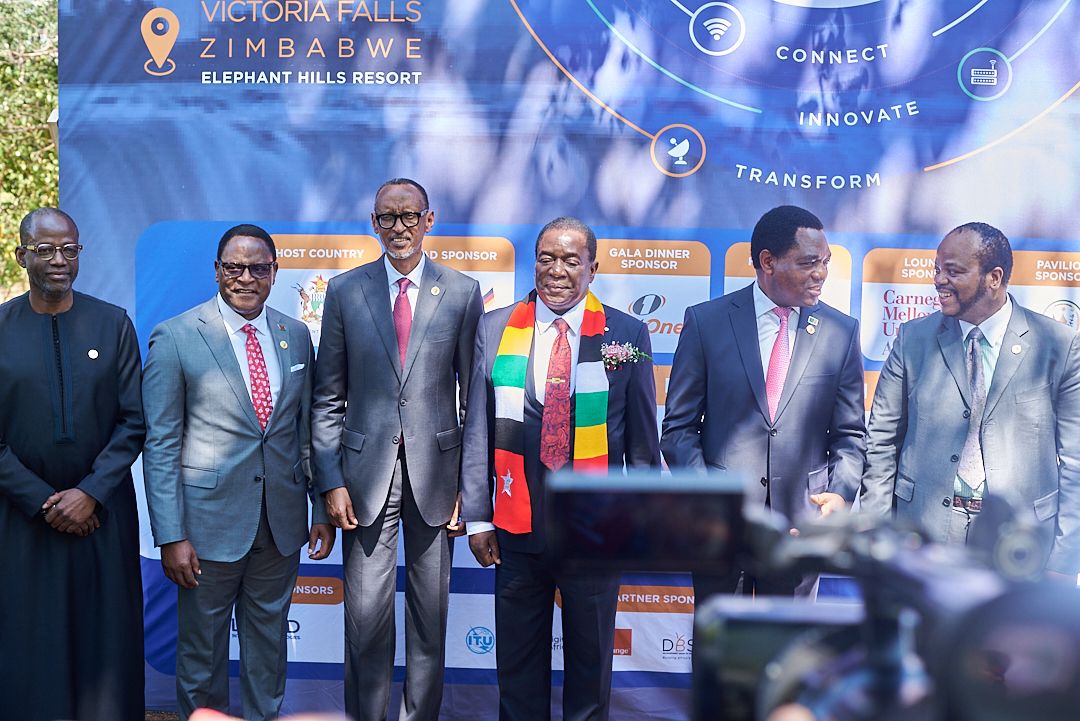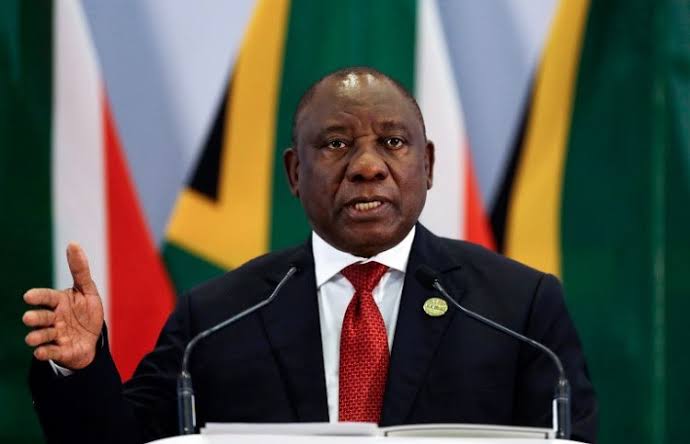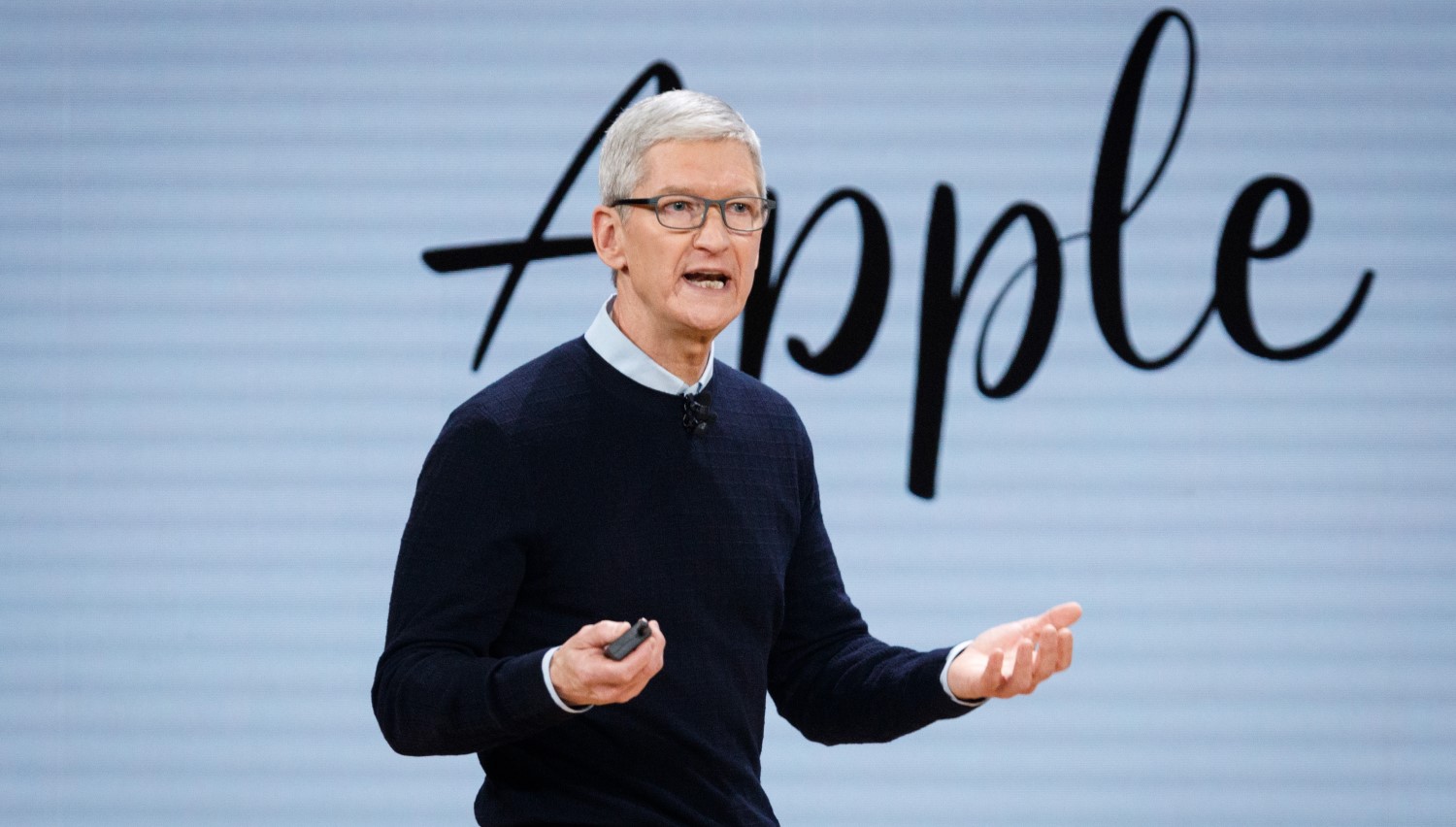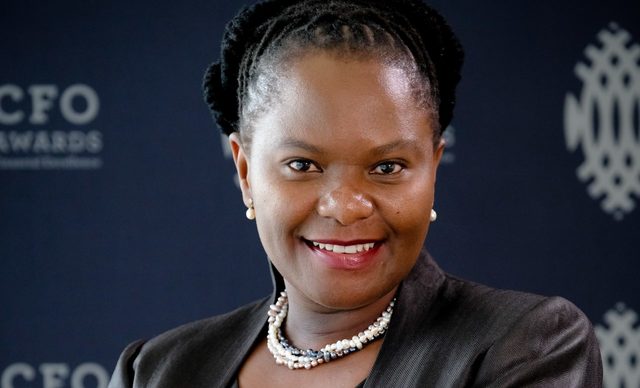Africa’s Sustainable Development Goals (SDGs) Progress Uneven
Africa’s progress on the Sustainable Development Goals (SDGs) and the African Union’s Agenda 2063 aspirations has been uneven, with significant differences among subregions, countries, and rural and urban areas. This calls for accelerated efforts to ensure that Africa achieves the global goals by the 2030 deadline, the latest Africa Sustainable Development report has stated.
The 2023 report, titled “Accelerating the recovery from the coronavirus disease (COVID-19) and the full implementation of the 2030 Agenda for Sustainable Development and African Union Agenda 2063 at all levels”, was released on the margins of the 78th United Nations General Assembly. It was produced by the United Nations Development Programme (UNDP), the African Union Commission (AUC), the United Nations Economic Commission for Africa (ECA), and the African Development Bank.
The report assessed Africa’s progress in implementing five main SDGs, highlighting progress, the challenges, and the numerous opportunities for improving Africa’s development prospects. Its findings suggest steady progress on key SDG targets, particularly on 4G mobile network coverage, and access to potable water and electricity.

“Africa’s steady progress on the SDGs is commendable. It is heartening to learn that the continent is on track to achieving some targets, particularly the goals related to innovation and technology, which are powerful enablers for advancing sustainable development,” noted Ms Ahunna Eziakonwa, Assistant Administrator and Regional Director for Africa, UNDP.
Read also : Kenya’s Businesses Poised for Huge Pan-African Trade Growth
The report warns that although Africa is progressing toward achieving the SDGs, the number of on-track targets is less than those requiring acceleration or reversal. It calls for timely interventions to accelerate countries’ progress on key SDGs and the Agenda 2063 aspirations, goals, and targets.
António Pedro, Acting Executive Secretary of ECA, stated: “Africa must create green growth by adding value to its green minerals. This green growth through green minerals must be central to Africa’s SDG rescue strategy. Africa also needs scaled-up concessional financing to regain momentum on the SDGs and the Agenda 2063.”
Albert M. Muchanga, Commissioner for Trade and Industry of the African Union Commission, called for improved communication between parties working on Africa’s sustainable development. “The time has come for the Agenda 2063, the 2030 Agenda, and the African Development Bank’s ‘High 5’ (https://apo-opa.info/3OiFCJL) agenda to be aligned to make it easier for member states to domesticate,” he reiterated.
Gerald Esambe Njume, Principal Climate Change and Green Growth Officer at the African Development Bank said: “Harnessing Africa’s green growth opportunities requires significant efforts in putting forward a strategic vision and governance structure, ensuring sectoral planning, allocating adequate budgetary resources, and establishing sound institutional and coordination arrangements.”
Key findings:
On SDG 6 (clean water and sanitation), African countries have improved access to safely managed drinking water services, but a significant disparity remains between rural and urban areas. Three in five Africans, or 411 million people, still lack safely managed drinking water. Also, only Egypt and Tunisia out of the 48 countries assessed are on track to achieve universal basic sanitation by 2030. The report calls on African countries to invest in water, sanitation, and hygiene infrastructure and to strengthen integrated water resource management capacity.
Read also : Nestcoin Secures $1.9M Investment to Power Financial Inclusion with Onboard
On affordable and clean energy (SDG 7), the report finds that electrification rates have increased, but the use of clean cooking fuels and technologies remains limited. Also, the shift from non-renewable to renewable energy is slow. The report calls for funding increases for infrastructure and technology to boost sustainable power generation across Africa.
For innovation, industry, and infrastructure (SDG 9), the report reveals that Africa is on track in terms of its mobile network coverage, and based on current trends, the continent will meet the relevant Goal 9 target by 2030. The report, therefore, calls for the acceleration of rural road construction and expansion to achieve rural connectivity and regional integration to bridge the urban-rural divide. According to the report, this will advance intra-African trade and thus facilitate the full implementation of the African Continental Free Trade Area (AfCFTA) agreement.
Regarding sustainable cities and communities (SDG 11), the report’s findings suggest a modest overall decline in the share of Africans living in urban slums. It recommends greater investment in infrastructure to improve access to public transport, waste management and air quality in African cities.
Read also : South African Fintech Stitch Secures $25 Million Investment to Expand Payment Solutions
Concerning partnerships (SDG 17), mobilizing funding remains challenging for African countries. The report calls for higher domestic resource mobilization and efforts to address debt vulnerabilities.
Kelechi Deca

Kelechi Deca has over two decades of media experience, he has traveled to over 77 countries reporting on multilateral development institutions, international business, trade, travels, culture, and diplomacy. He is also a petrol head with in-depth knowledge of automobiles and the auto industry




















